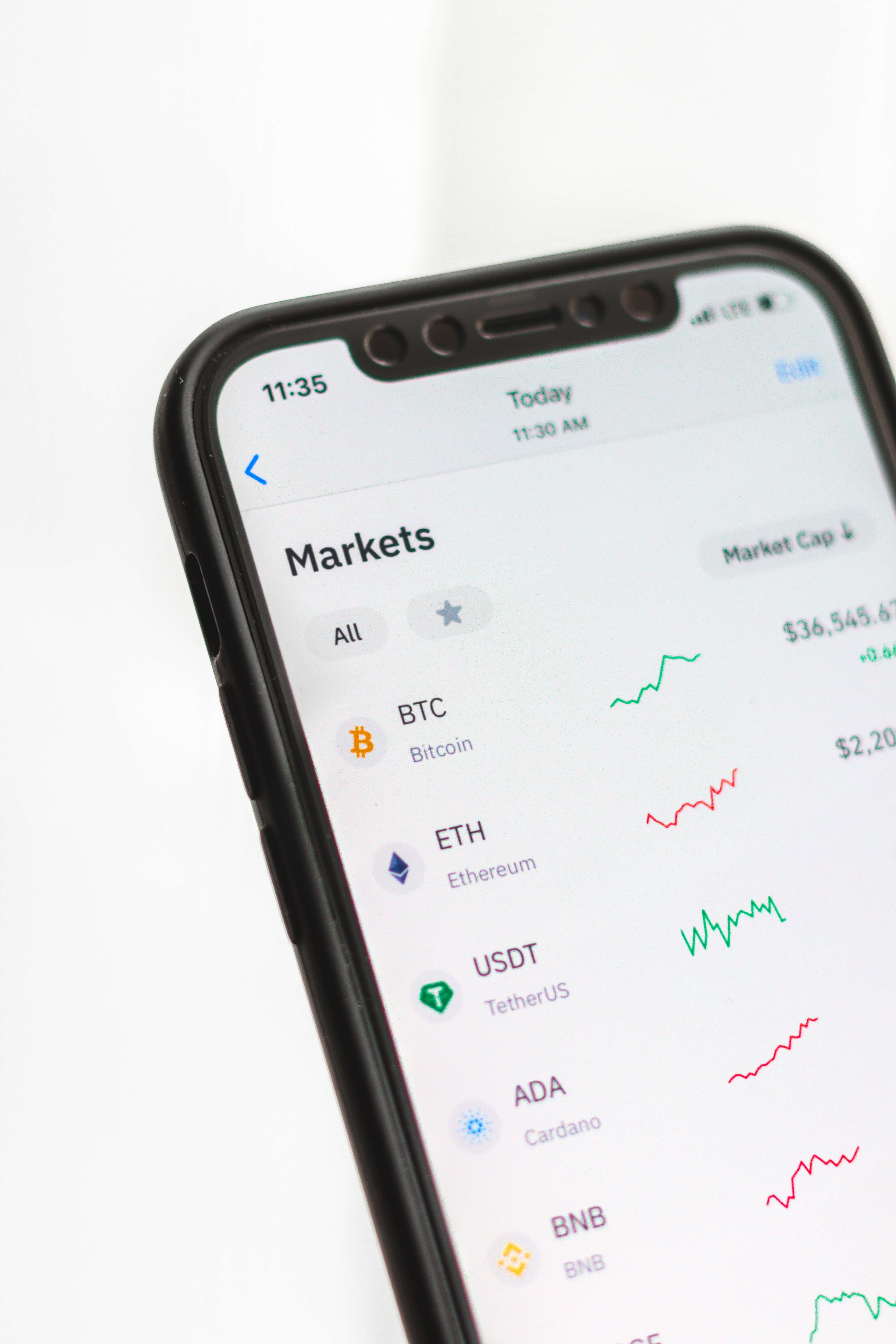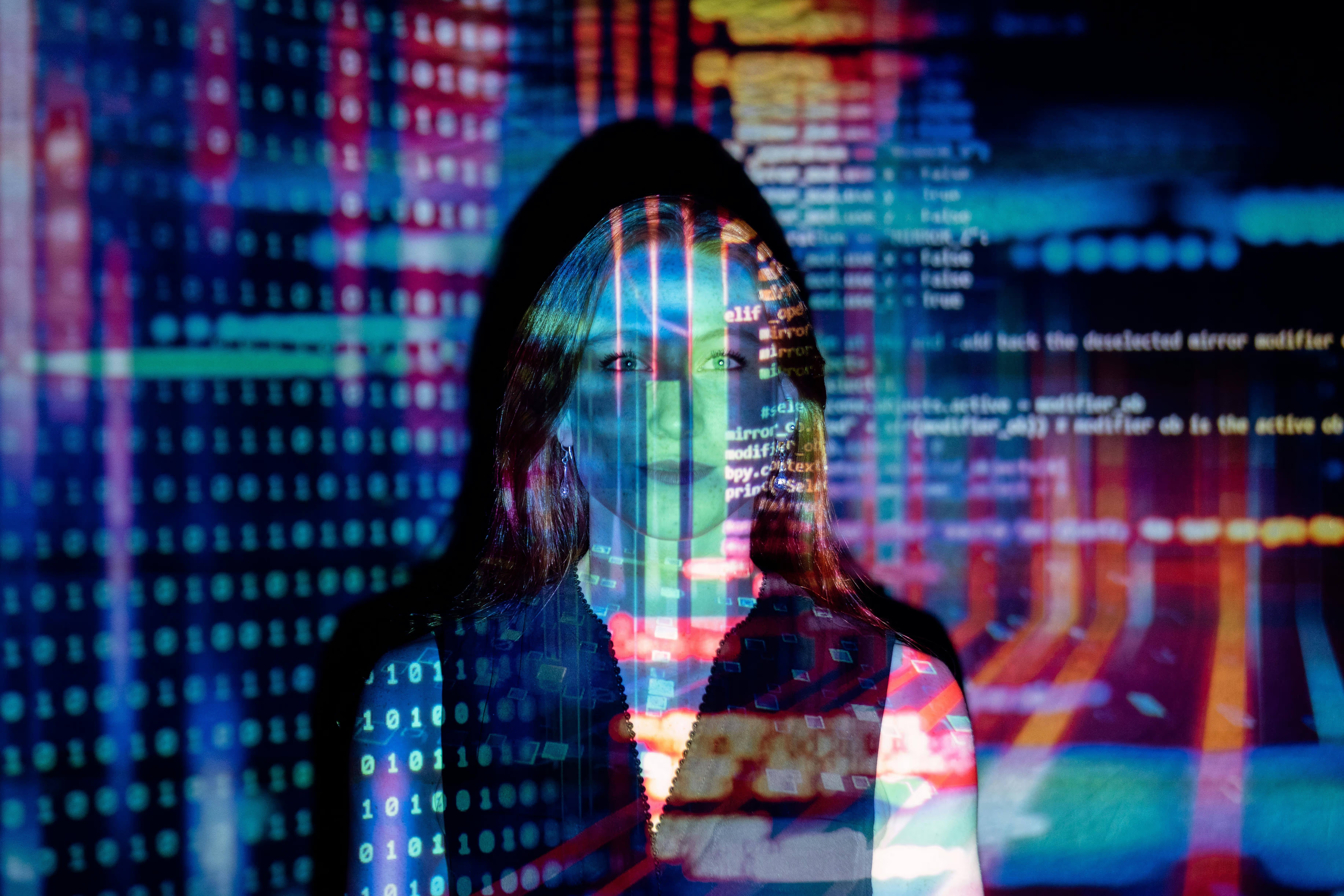Web3.0: The Next Era of the Internet
The internet has evolved from Web2.0 to Web3.0 - and this is not just a change in naming conventions. The underlying technology that powers the internet is changing, with blockchain being one of the key components of Web3.0's infrastructure. It will be decentralised, secure, self-sovereign, transparent, and scalable - all while being more cost-effective than its predecessor! Read on to find out how blockchain, Crypto and NFTs will be involved in Web 3.0 and what we can expect for the future.
So what are blockchain, crypto, and NFT's then?
Blockchain is a decentralised ledger that records all transactions of crypto - which includes but is not limited to cryptocurrencies like Bitcoin, Ethereum, and Litecoin. Crypto is essentially the fuel for blockchain as it requires an incentivising system for users to contribute their computing power towards maintaining the network (and thus decentralising it). The transaction fee paid in cryptocurrency also ensures security on the blockchain by making attacks costly.
Web technologies are powering Web2.0 with Javascript being one example - think about how many web pages you've seen spammed with ads or pop-ups! But what if there was another way? Well, this will be possible through the utilisation of new technology powered by NFTs, otherwise known as non fungible tokens. These differ from fungible tokens in the sense that one cannot alter the ownership signatures of one token to match another. This makes NFTs unique and thus valuable because they can not be copied or duplicated.
NFTs are being used in the creation of decentralized applications (dapps) which will power Web3.0. All dapps have their own cryptocurrencies powering them, these are known as utility tokens - think about how many times you've seen something advertised with 'Buy Now! Use Cryptocurrency!' The use of crypto techniques like smart contracts is also becoming increasingly popular in order to facilitate decentralised exchanges (DEXes). These enable people to buy/sell tokens without an intermediary; this has led some DEXes to gain huge amounts of volume.
.jpeg)
How does Web3.0 impact our everyday lives?
Firstly, by using a decentralised internet we can ensure that our personal data is not being used to make money from big businesses. We have seen this in recent times with Facebook and Google who have been criticised for collecting data on users without their consent. There are also implications for voting - an area where blockchain has already begun seeing success. In Estonia, anonymous votes were cast using a distributed ledger which ensured transparency - no more elections fraud! The coming years will see many people move towards web browser ‘add-ons’ which enhance privacy & security further while having little impact on performance e.g Brave Browser. Blockchain technology means it's possible to be your own bank i.e control your own funds directly rather than have them held in a regular bank account.
NFTs on the other hand will allow artists, musicians, and even regular users to license their digital assets as they see fit e.g artists can sell licenses for use of a photo - think Spotify but with photos, NFTs & Blockchain technology will allow people to monetise these digital assets and even own them! But how does ownership transfer work, how do we buy and sell NFTs? This is where exchanges come in, think of them as a marketplace for NFTs to be bought and sold. But what happens when you want to buy an item on the exchange? How do we know who owns it or how many tokens exist? This will all be tracked using blockchain technology e.g Cryptokitties uses Ethereum Blockchain.

What can we do to prepare for Web3.0?
We can start using cryptocurrencies like Bitcoin, Ethereum & Litecoin to buy NFTs. We need to be ready for when they become mainstream and want to spend them in the real world e.g paying with cryptokitties at Starbucks! There are already some places that accept these currencies as payment but expect this number to grow exponentially over the next few years (e.g CVS is now accepting it)
There's also a lot we can do on an individual level: I'm currently learning how to code so I will feel more confident about buying/selling items via exchanges or creating my own blockchain / dApp projects etc. If you're unsure of where and how to get started, youtube is always a great place to start - or if you're feeling really brave, buy just 10$ of crypto and have a foot in the game; by being invested, you'll naturally start to search for more info and resources. Get stuck in!
I think one of the most exciting things about Web3.0 is that it could be completely open-source - anyone will be able to contribute ideas or code which could really lead us into a new age of technology! I'm excited already just thinking about what we can do with this!







